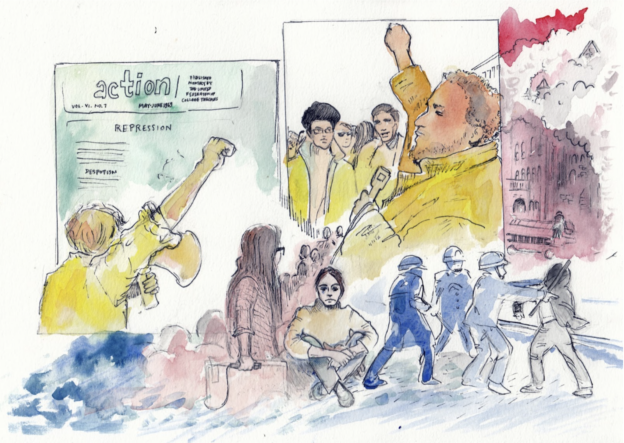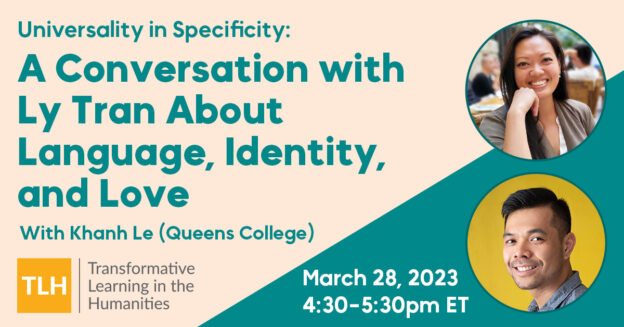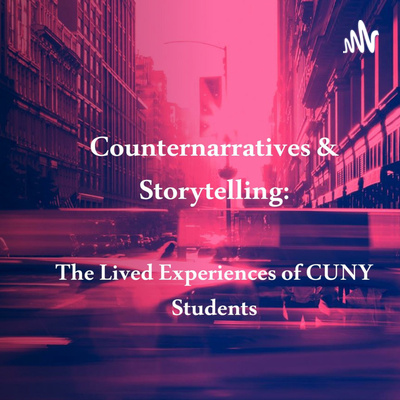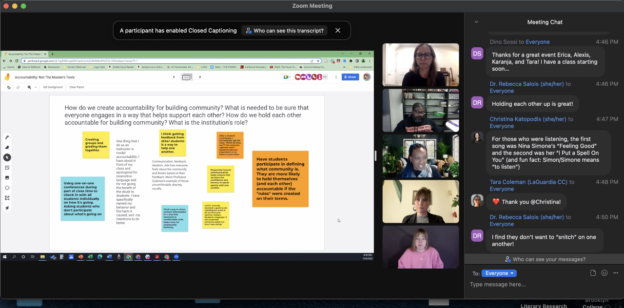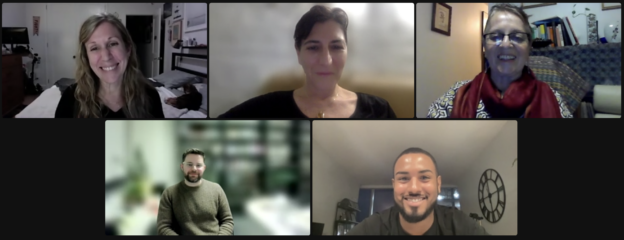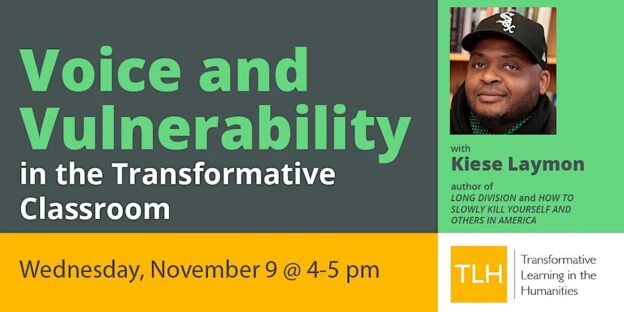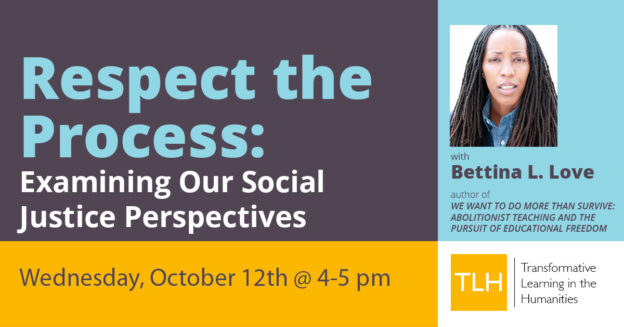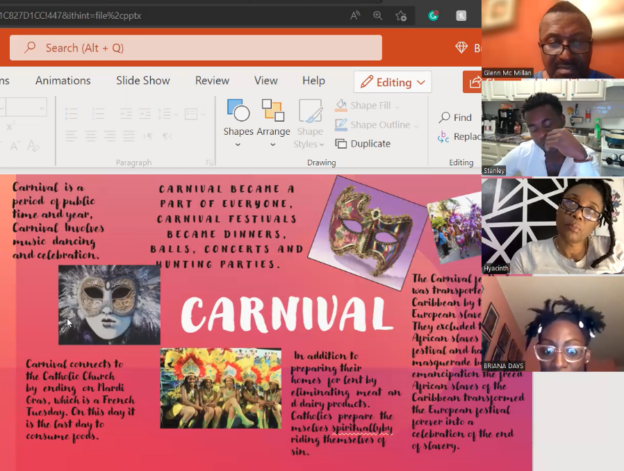In 2021, the Baruch Center for Teaching and Learning (CTL) launched the CUNY 1969 Project, an interactive Open Educational Resource (OER) platform that explores the history of the 1969 Five Demands student protest movement, which fought for policies to reconstitute the racial composition of incoming CUNY students. Through the curation of historical texts, recordings, and interviews, the project provides an applied showcase of CUNY’s institutional archives that can be used in classrooms across CUNY.
From the student movements of the 1960s to the recent demands for antiracist classrooms and pedagogies, CUNY’s history of activism often remains frozen in archives and does not get passed down to its undergraduates. The work of the CUNY 1969 Project seeks to grapple with this problem by engaging CUNY stakeholders to reanimate the history of student activism at the university, re-engage with the archives that store it, and pass this knowledge down to students.
On February 8th of this year, with support from the Transformative Learning in the Humanities Grant (2023), we hosted and recorded a panel of three experts who have used the CUNY 1969 Project in their teaching and research. Panelists and attendees were invited to reflect on this history, teaching opportunities across disciplines, and the possibilities of students’ own agency within the university.
You can view the panel here:
And thanks in part to funding from the Transformative Learning in the Humanities Grant (2023) and the OER Initiatives Grant (2022, 2023), the CTL has been able to host a June “CUNY 1969 Teach-in and Retreat” program, first in 2022 and again this year. The retreat brings together CUNY scholars to closely examine the narrative, debates, and histories of open admissions at CUNY and the lasting legacies of student and faculty activism.
Over four weeks in June 2023, the second CUNY 1969 Teach-in will host a cohort of subject matter experts in CUNY institutional history, using and teaching with library archives, Creative Commons licensing, and undergraduate student research. Following the format of our successful (but Baruch-focused, due to more limited resources) Summer 2022 Teach-in, our Summer 2023 programming will facilitate synchronous and asynchronous instruction, discussion, and presentation on CUNY history, with a particular focus on student activism towards a more just and equitable university.
Teach-in participants will collaborate over open-access educational resources associated with the CUNY 1969 Project that interact with their interests, such as a lesson plan or assignment for future instructors using CUNY 1969 Project material.
Community partnerships—among departments, organizations, CUNY faculty and staff, and alumni—have been essential to the CUNY 1969 Project. The previous Teach-in created needed space for mindful conversations about CUNY’s history and future. Receiving the TLH grant has allowed us to scale up this project’s reach to a CUNY-wide community of teachers and scholars in the humanities and social sciences. We seek to support and develop instructors across CUNY who want to engage their students and peers in conversations and activities related to the activist history of our institution as well as, more broadly, transformative learning in higher education.
We invite you to check out the CUNY 1969 Project and join our efforts to center the university’s own complex history of students, faculty, staff, teaching, and learning.
—Hamad Sindhi and Seth Graves, CUNY 1969 Project Managers
Illustration by Jojo Karlin Sign up here for future updates about the CUNY 1969 Project.
